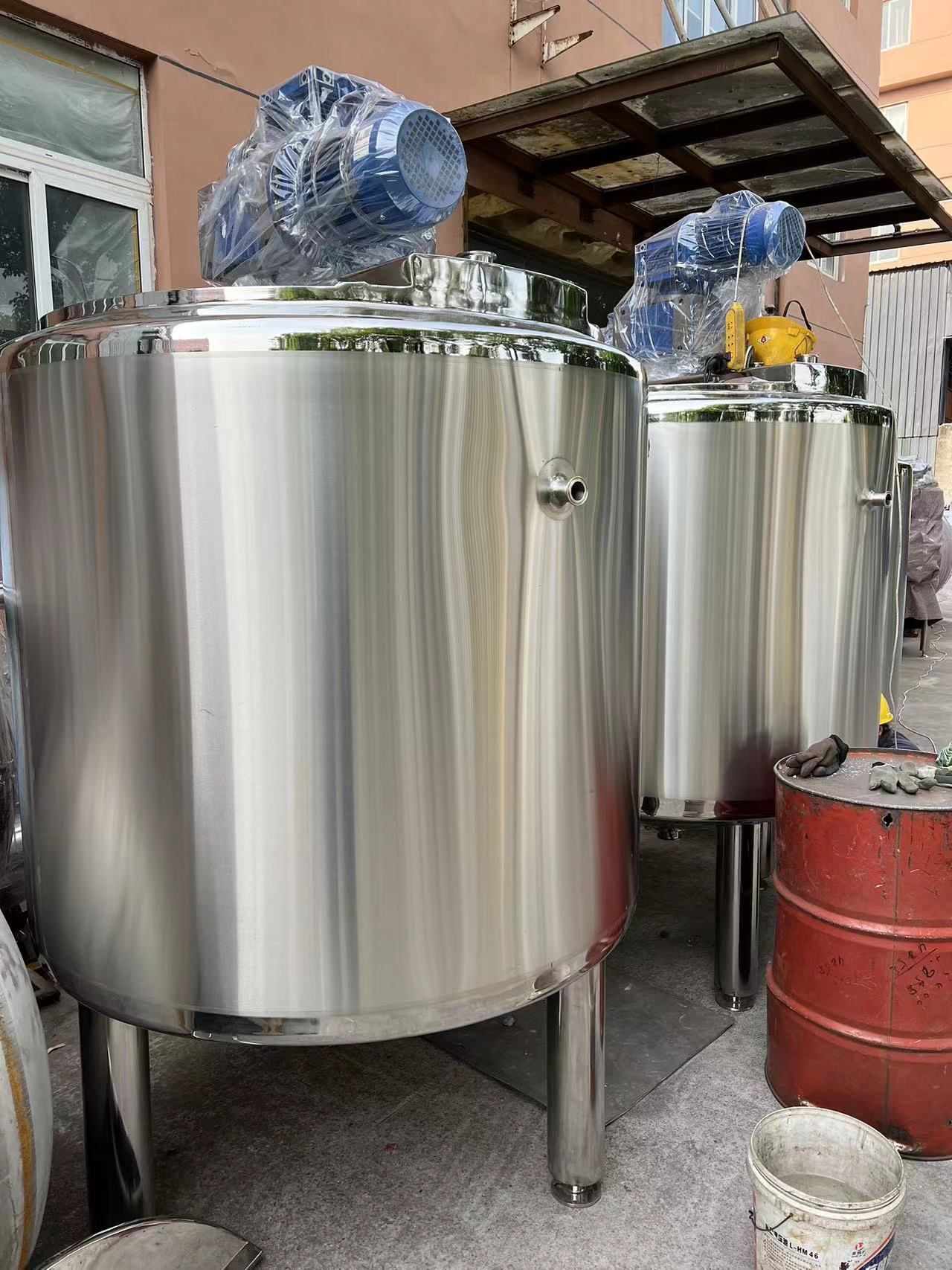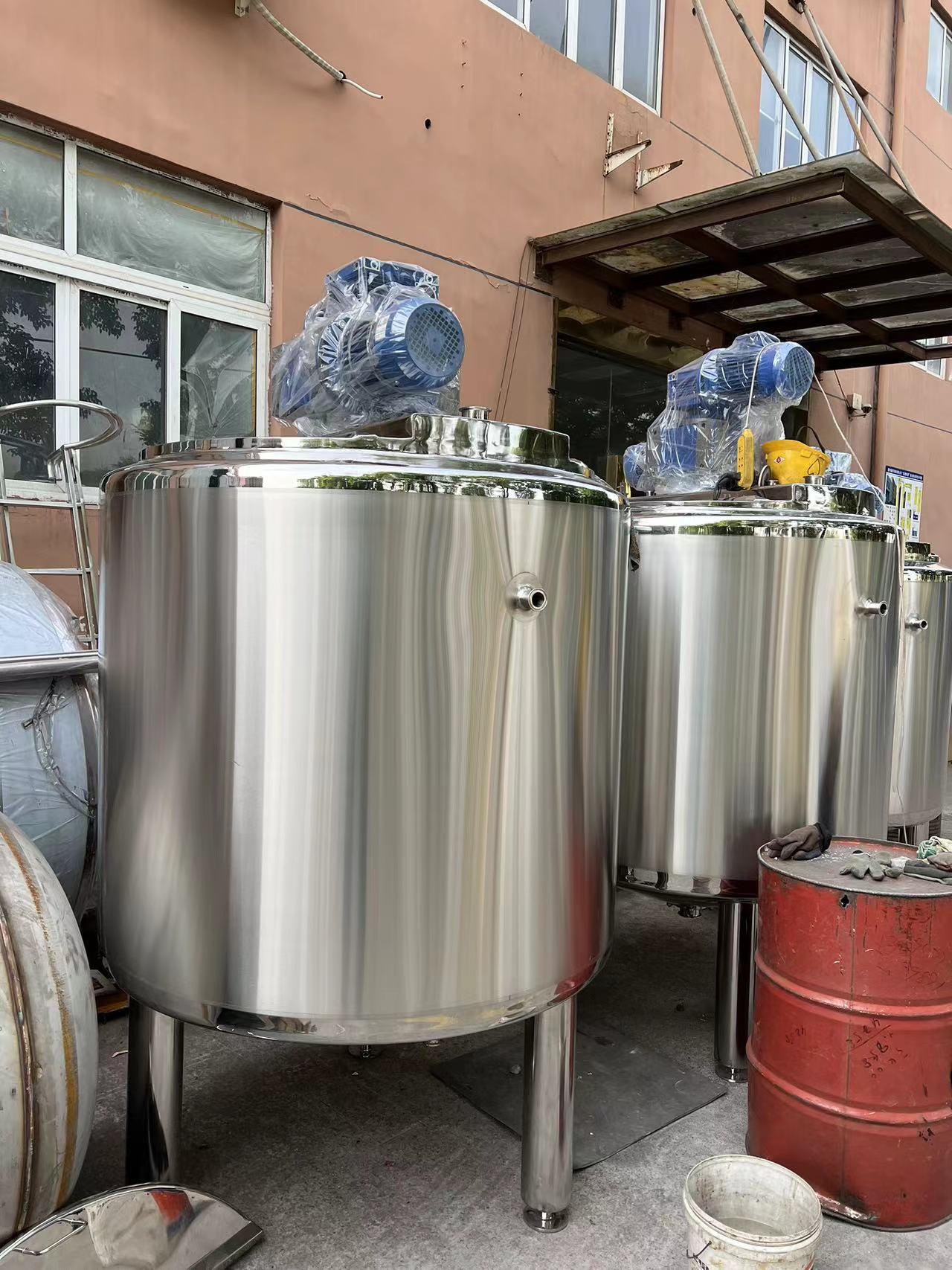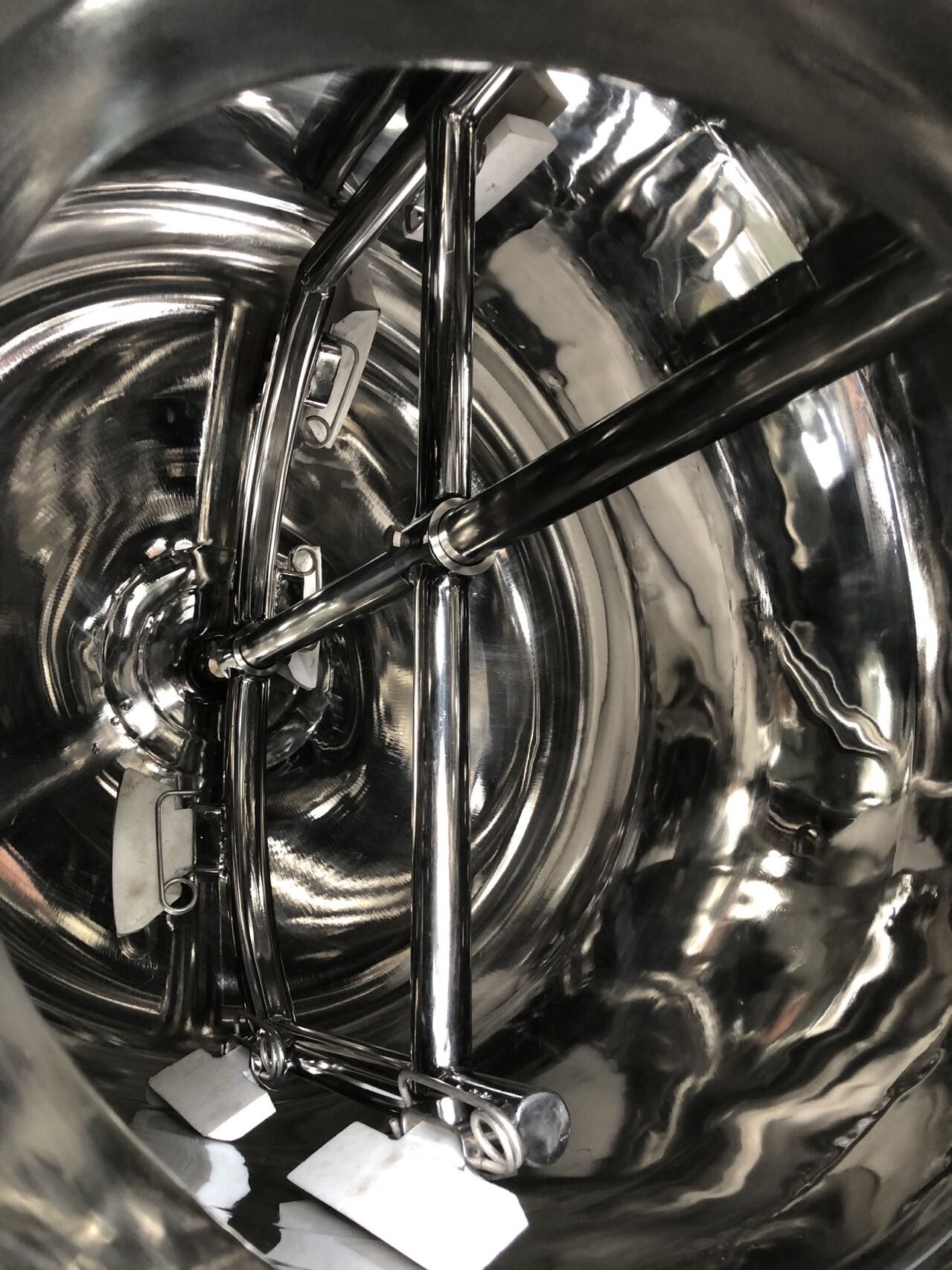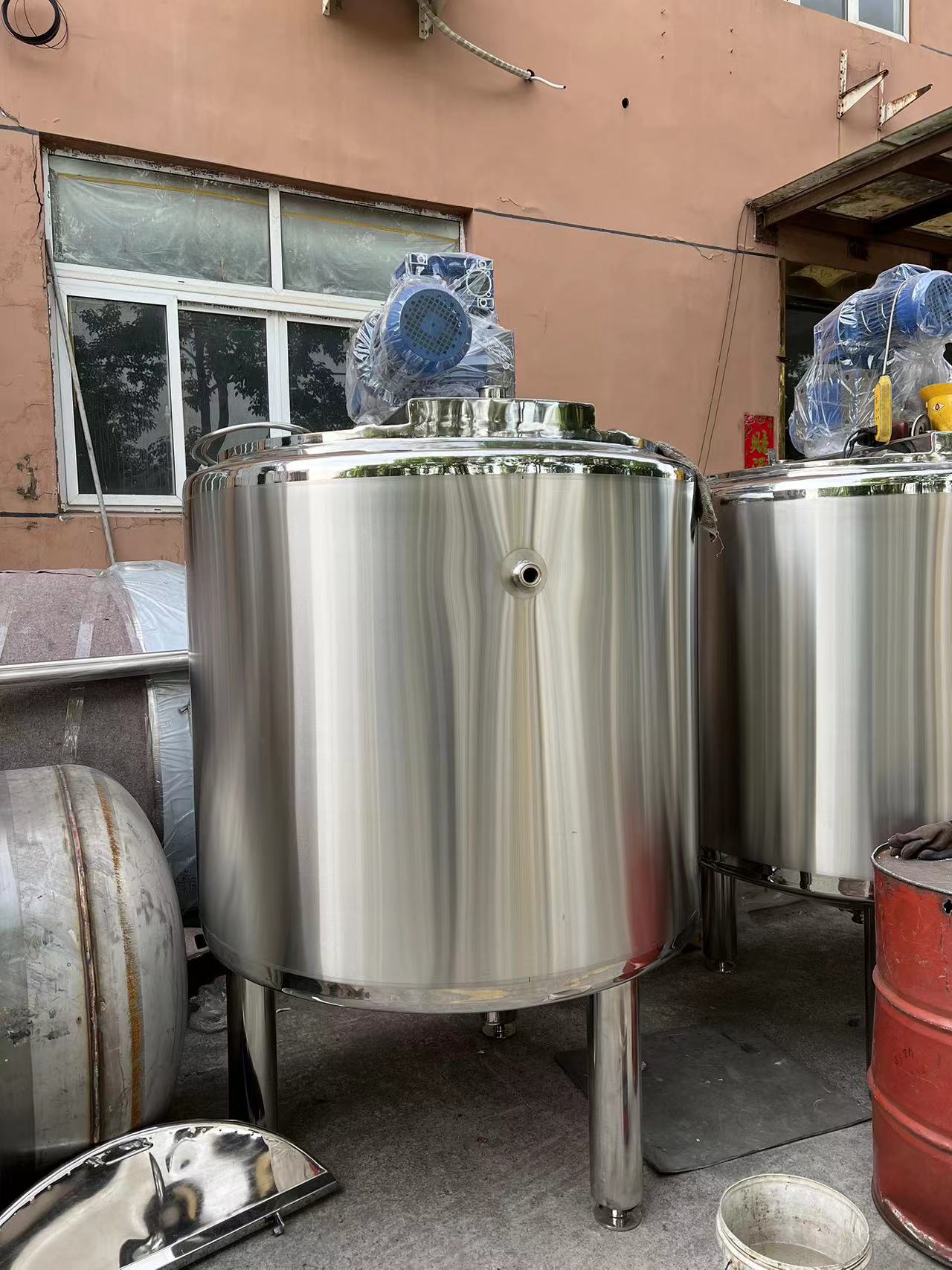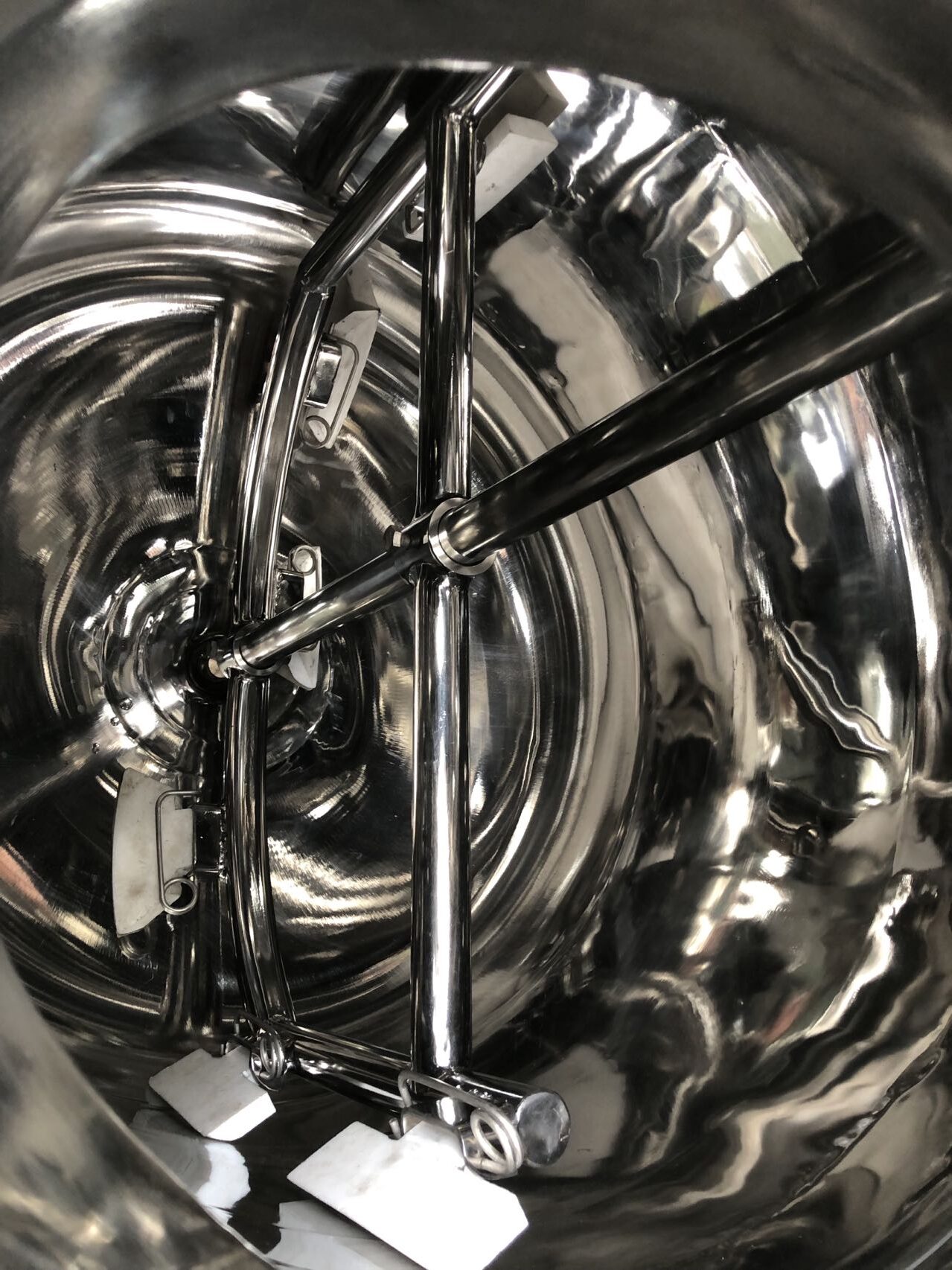In the realm of industrial processes, the efficiency and effectiveness of mixing play a pivotal role in determining the quality and consistency of the final product. Among the arsenal of equipment employed, the mixing tank stands as a cornerstone, facilitating the blending of diverse substances across various industries. This article delves into the realm of mixing tanks, exploring their innovations, functionalities, and pivotal role in industrial processes.
Evolution of Mixing Tanks:
The advent of mixing tanks revolutionized industrial processes, enabling precise control over blending operations. Initially, rudimentary designs sufficed, but as industries demanded enhanced performance, mixing tanks evolved. Modern iterations boast advanced features such as adjustable agitation speeds, temperature control, and customizable configurations to accommodate diverse mixing requirements.
Key Components and Functionality:
A fundamental understanding of mixing tanks necessitates dissecting their key components and functionalities. At its core, a mixing tank comprises a vessel, agitator, motor, and ancillary accessories. The vessel serves as the container for the substances to be mixed, while the agitator, powered by the motor, induces the desired agitation. The efficiency of mixing hinges on factors like agitator design, rotational speed, and fluid dynamics within the tank.
Innovative Designs and Technologies:
In recent years, the landscape of mixing tanks has witnessed a surge in innovative designs and technologies. Advancements in materials science have led to the development of corrosion-resistant alloys, prolonging the lifespan of mixing tanks and ensuring compatibility with a wide range of substances. Furthermore, the integration of automation and IoT (Internet of Things) capabilities has ushered in an era of smart mixing tanks, enabling remote monitoring, real-time adjustments, and predictive maintenance.
Challenges and Research Frontiers:
Despite the strides made in mixing tank technology, several challenges persist, stimulating ongoing research and development efforts. One such challenge is the optimization of mixing processes for complex fluids with non-Newtonian behavior. Understanding the rheological properties of these fluids and devising tailored mixing strategies constitute a focal point of research. Additionally, the quest for energy-efficient mixing solutions remains paramount, driving exploration into novel agitation techniques and alternative energy sources.
Conclusion:
The realm of mixing tanks epitomizes the marriage of engineering ingenuity and industrial necessity. From humble beginnings to cutting-edge innovations, mixing tanks have cemented their status as indispensable assets across a myriad of industries. As research continues to push the boundaries of what is possible, the future holds promise for even more efficient, sustainable, and adaptable mixing solutions, shaping the landscape of industrial processes for generations to come.

